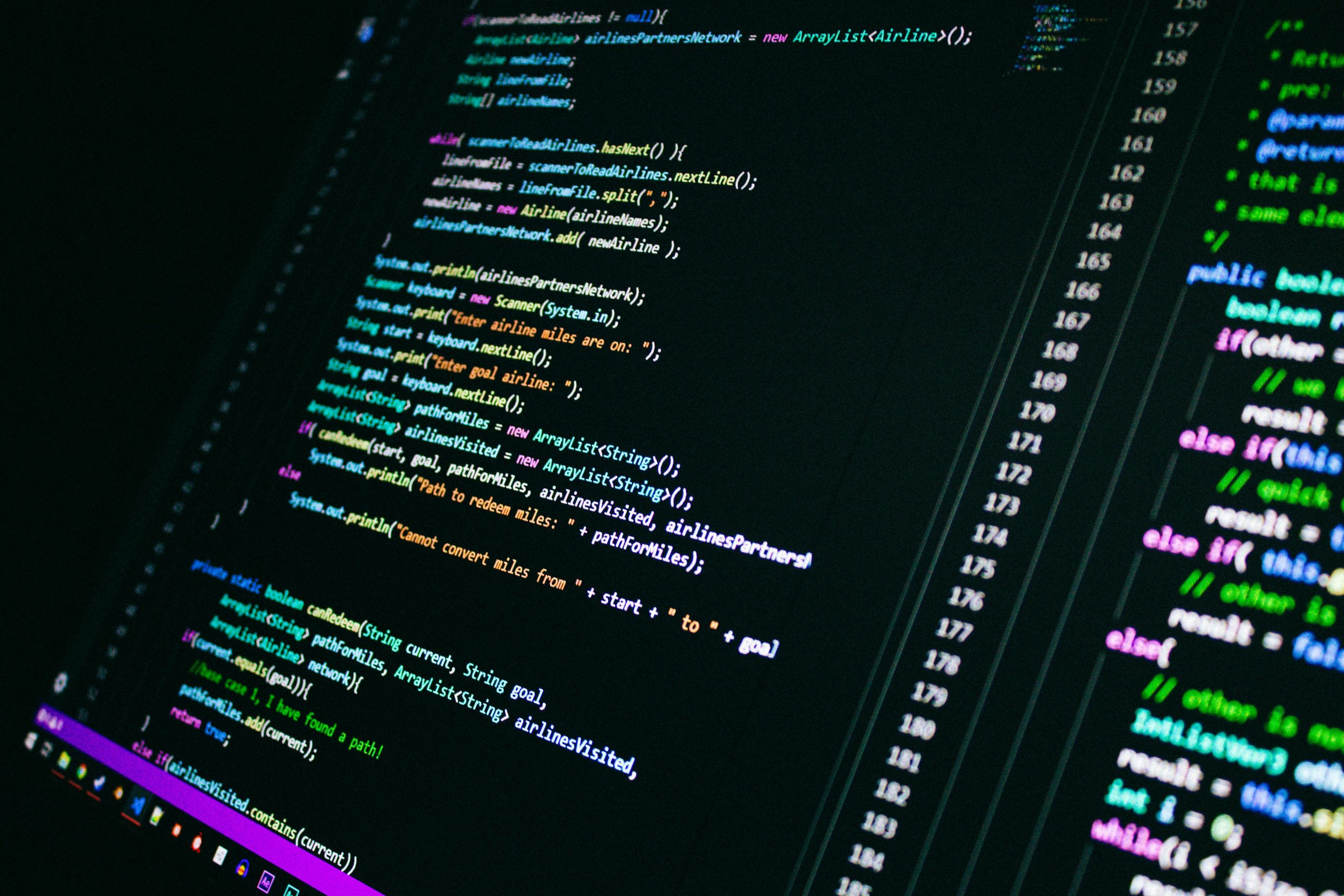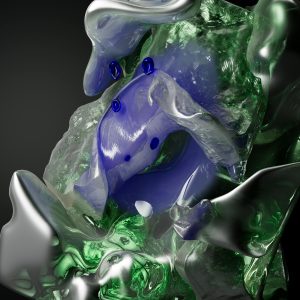AI will enhance software engineering – not replace it
AI in Software Engineering: A Tool for Enhancement, Not Replacement
As I recently watched a film centered around artificial intelligence, I couldn’t help but draw parallels between AI and another transformative technology: CGI (Computer Generated Imagery). Both have revolutionized their respective fields by offering efficient alternatives to traditional processes, but neither can stand alone without skilled human intervention.
CGI and AI: A Comparison of Transformation
CGI has dramatically altered filmmaking. Instead of coordinating complex, costly, and sometimes dangerous stunts — involving teams of stunt coordinators, lighting crews, actors, and numerous logistical hurdles — filmmakers can craft realistic scenes digitally. With sophisticated computer programs, creating visually spectacular effects is more accessible than ever. This has given rise to numerous careers: visual effects artists, lighting specialists, modelers, and more, all contributing to blockbuster hits.
However, CGI isn’t flawless. When not executed well, it becomes glaringly obvious: physics may seem off, emotions might feel disconnected, or movements appear unnatural. Exceptional CGI, as seen in films like Top Gun: Maverick, combines digital wizardry with practical effects, storytelling, and genuine human emotion — a testament to how technology amplifies human creativity.
The Role of AI in Software Development
Similarly, AI offers tremendous potential to streamline and enhance software engineering. It can handle complex tasks, automate repetitive processes, and optimize workflows, ultimately reducing costs and increasing efficiency. But, much like CGI, AI’s outputs can be quite evident when poorly implemented — whether in inconsistent language generation, unrealistic images, or logical flaws.
AI’s true power emerges when it complements human expertise. It isn’t about replacing software developers, designers, or architects; instead, it reshapes their roles. Industries, including Hollywood and software development, have experienced exponential growth in specialized AI teams, integrating machine intelligence with human ingenuity to achieve superior results.
An Evolving Landscape
Reflecting on CGI’s infancy in the 1980s — when early renderings were rudimentary and somewhat crude — it’s clear that technological promise often precedes perfection. By 2025, AI remains imperfect but promising, poised to transform how software is engineered, projects are executed, and applications are delivered to users.
This evolution will give rise to new roles such as AI Integration Specialists, Automation Verification Managers, and Algorithm Analysts. Rather than shrinking, the field of software engineering is expanding, embracing AI as a powerful tool to complement human creativity and problem-solving skills.
The Key to Success
Just as














Post Comment